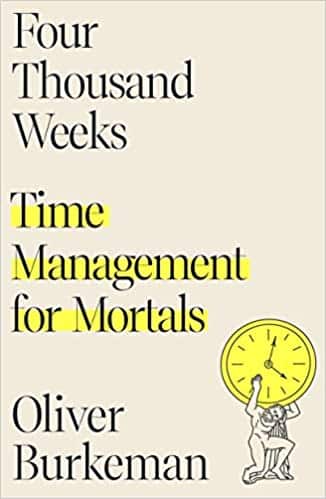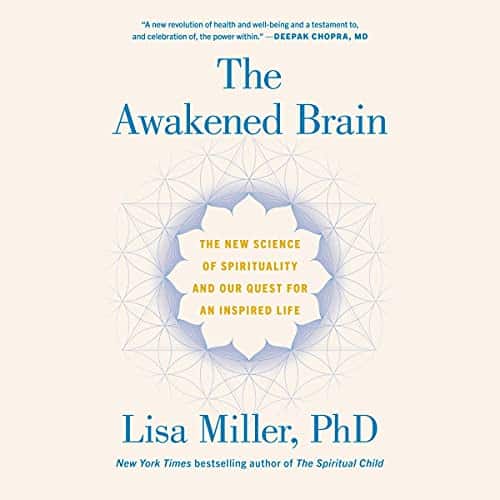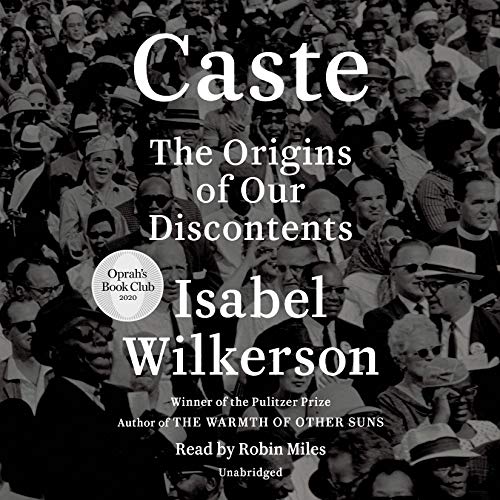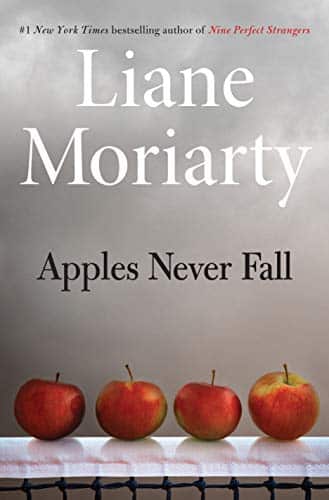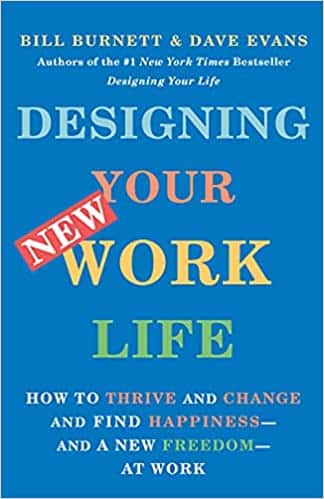My Favorite Books of 2021
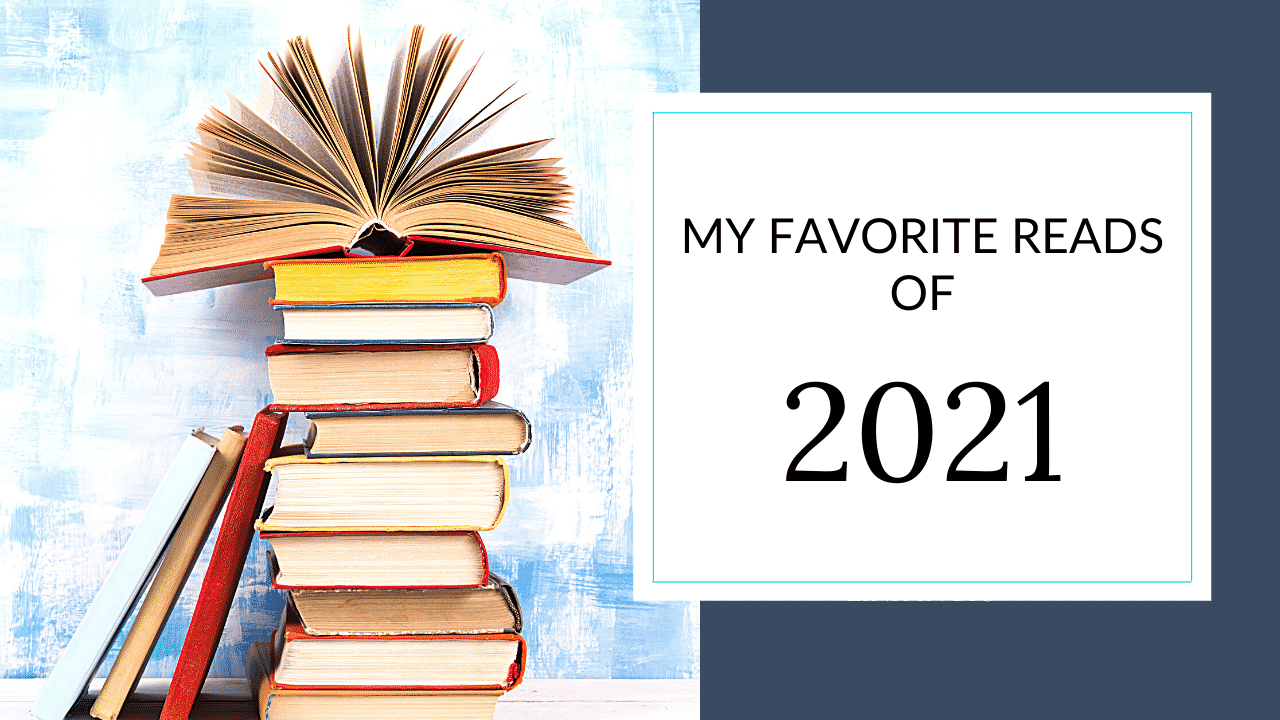
I often get asked for my book recommendations so here are my favorite reads of 2021. This article was first published in Forbes.
Four Thousand Weeks, Time Management For Mortals by Oliver Burkeman.
This is not the time management book that most of us are looking for but it is the time management book that many of us NEED. I found it so incredibly insightful and thought-provoking. Burkeman takes on the current time management industry with its helpful desire to help us do more and begins to shoot holes into our logic for why we need to do more. Although I’ve read some of these ideas before, the way Burkeman put them all together was incredibly readable, compassionate and allowed me, at least, to see some of the many contradictions in how I think about time.
One of my favorite parts was his tirade on inbox zero. I’ve never been a proponent of it personally but I love how Burkeman dissected the fact that if you are someone that always responds, then people will email you more because they know you’ll respond. And then more people will email you because they’ll hear that YOU are responsive (unlike so many others.) His point being that in the search to be efficient with your email, you will actually increase the amount of email you have, keeping you forever on the treadmill of cleaning out your inbox instead of doing the harder work ahead of you. It’s a hard book to summarize but a lovely book to get you thinking about your time differently.
The Awakened Brain: The New Science of Spirituality and Our Quest for an Inspired Life by Dr. Lisa Miller. In the spirit of true disclosure, I need to say that Lisa Miller is our greatly adored cousin. She’s also an esteemed professor of psychology at Columbia University and one of the foremost scholars on the science of spirituality. Weaving together her own amazing life stories, her client stories, and the well-respected peer research on spirituality, Lisa makes the amazing case for the protective power of spirituality against depression and anxiety and goes into lovely detail about the science (including many brain MRI studies) of how spirituality actually changes your brain and enhances your quality of life. And the spirituality Lisa writes about is not just religion, but it’s an awareness and attention to life going on around you.
In many ways, this fits in well with Four Thousand Weeks; it’s a scientific look at why doing more, and achieving more, might not actually get you what you’re looking for. I couldn’t stop reading this book and then couldn’t stop recommending it to others. It’s very different than so much of the leadership literature I follow but even more impactful.
Caste: The Origins of Our Discontents by Isabel Wilkerson. First let me say, this book is long. And it’s not always pleasant or fun to read. The history of how blacks have been treated in the US is not a fun romp through history. I counted it as one of the big achievements of my summer that I slowly but surely made it through this book. Was it worth it though? For me as a white person in the US, yes. And this is why. . . Wilkerson started as a newspaper journalist and so she writes with the same vivid storytelling nature that pulls us into long articles (Atlantic anyone?) that then we can’t put down. She is a master at interspersing data, theory, and absorbing stories.
What I took away from this book was what no newspaper article could do though, it gave me a visceral sense of what it might be like to be black in America at this moment of time. No matter what other books I had read, the story after story build of this book drove the point home in a way that I had not read before. So many take this as a slower read but it is worth getting through and it has stuck with me and enters my thoughts a lot ever since.
Apples Never Fall by Liane Moriarty. I had to add in one purely fun read here. Moriarty is the author of “Big Little Lies” that got made into a mini-series among many of her other best-selling reads. And I have to admit I didn’t love her last 2 books but this one captivated me. I don’t want to give away any spoilers but what I loved about this book was how many times it took us along one path, letting us assume we could see where this path would end, and then threw in a new piece of information. This made for a fun read but also a great reflection on how often we believe that the data we’re seeing is the relevant data when in fact, as I remind my eMBA students each year, we see the data we’re looking out for, not the full spectrum of data that exists.
We are incredibly biased to believe that the facts that we notice can be pieced together to make a complete story. How often have you made an assumption only to find out there was another piece of data, completely unknown to you that changed the story entirely? I can’t be the only one who notices someone in a bad mood and assumes it’s because of our interaction (the one I “saw”) instead of the many other interactions they had that same day/week/month – you get the gist! The book is not heavy-handed though (like this explanation) and makes for some fun vacation reading.
Designing Your Work Life: How to Thrive and Change and Find Happiness—and a new Freedom–at Work by Bill Burnett and Dave Evans. Last but not least, I’m ending with a book I haven’t finished yet. I have read and loved their first book, Designing Your Life, so I was thrilled when over Thanksgiving in an airport bookstore I found their updated volume focused on work life. And so far this second version hasn’t disappointed. The chapters are pithy with great exercises and they do a great job helping people, not at the design school at Stanford, use design principles to upgrade their work lives.
Feel free to write me in January to hear what I thought of the full book, but so far, I think it’s even better than the first, especially given my coaching focus on people’s work lives. I am already envisioning using these exercises with clients and with my eMBA students.
What was one of your favorite books of 2021? I’m always looking for my next great read! Please drop your recommendation in the comments below.
